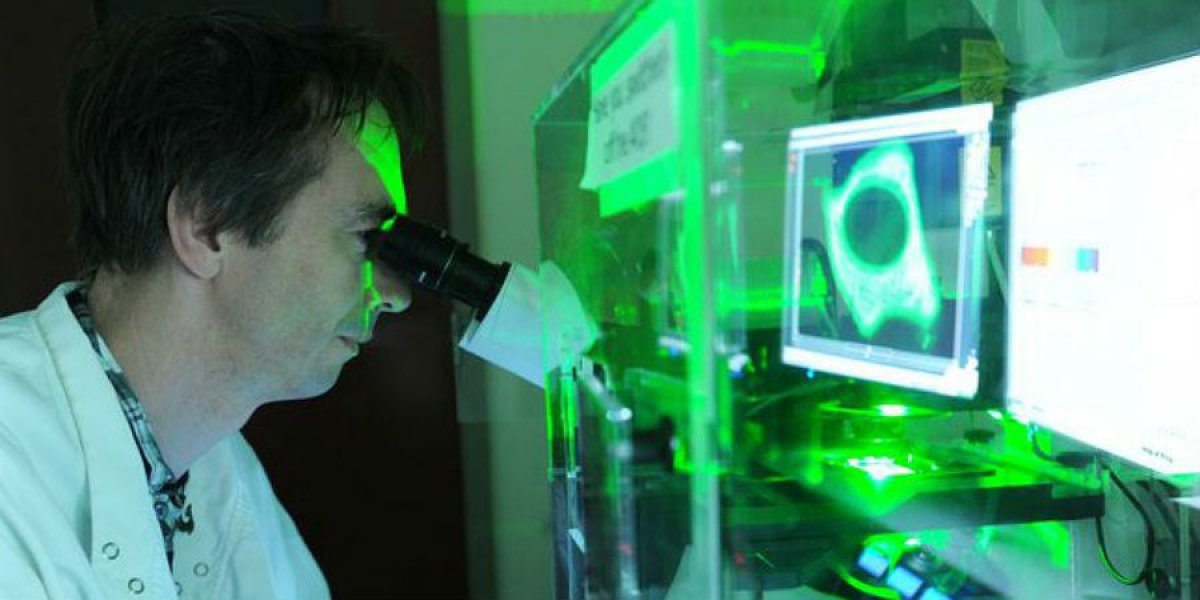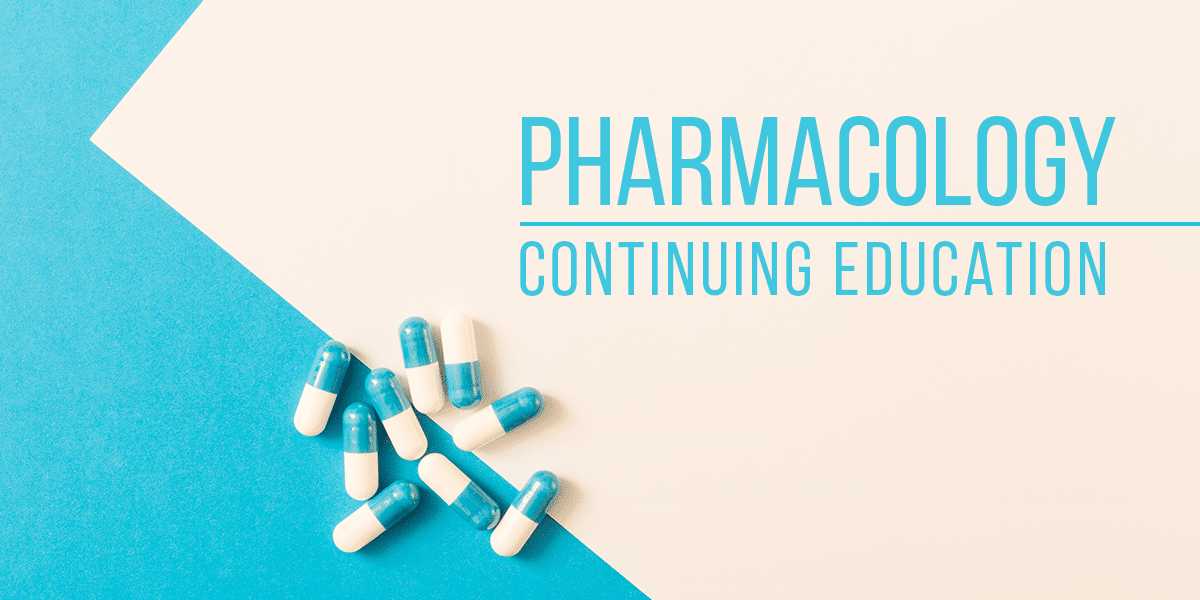Pharmacology, the science of drugs and their effects on living organisms, stands as a cornerstone in modern medicine. From ancient herbal remedies to cutting-edge synthetic compounds, the journey of pharmacology has been an odyssey of discovery and innovation. In this article, we delve into the intricate world of pharmacology, uncovering its evolution, key concepts, and its pivotal role in shaping healthcare as we know it today.
The Evolution of Pharmacology:
Pharmacology traces its roots back to ancient civilizations, where natural substances like plants and minerals were used for medicinal purposes. Early healers experimented with various concoctions, laying the groundwork for understanding the effects of different substances on the human body. The dawn of modern pharmacology can be attributed to the groundbreaking work of scientists like Paracelsus and Galen, who laid down the principles of pharmacokinetics and pharmacodynamics.
The 19th and 20th centuries witnessed unprecedented advancements in pharmacology, propelled by advancements in chemistry and biology. The isolation of active compounds from plants, such as morphine from opium poppies, marked the beginning of a new era in drug discovery. The development of synthetic drugs further revolutionized pharmacology, paving the way for targeted therapies and precise interventions.
Key Concepts in Pharmacology:
Pharmacokinetics: This branch of pharmacology deals with the absorption, distribution, metabolism, and excretion of drugs within the body. Understanding pharmacokinetics is crucial for determining the optimal dosage regimen and predicting drug interactions.
Pharmacodynamics: Pharmacodynamics focuses on how drugs exert their effects on the body. It encompasses mechanisms of action, receptor interactions, and the biochemical pathways involved in drug response. Studying pharmacodynamics helps elucidate the therapeutic and toxic effects of drugs.
Drug Discovery and Development: Drug discovery is a multi-faceted process that involves identifying potential drug targets, screening compounds for activity, and optimizing lead molecules for efficacy and safety. The journey from drug discovery to market approval is arduous, requiring rigorous preclinical and clinical testing to ensure the safety and efficacy of new medications.
Pharmacogenomics: Pharmacogenomics explores how genetic variations influence an individual’s response to drugs. By deciphering the interplay between genetics and drug metabolism, pharmacogenomics holds the promise of personalized medicine, where treatments are tailored to each patient’s unique genetic makeup.

The Role of Pharmacology in Healthcare:
Pharmacology permeates every aspect of modern healthcare, playing a pivotal role in disease management, drug therapy, and public health initiatives. Here are some key areas where pharmacology makes a profound impact:
Disease Treatment: Pharmacology is instrumental in the treatment of various diseases, ranging from infectious conditions to chronic disorders like cancer and diabetes. Through the development of novel therapeutics and the optimization of existing drugs, pharmacologists strive to improve patient outcomes and enhance quality of life.
Pain Management: Pain relief is a fundamental aspect of healthcare, and pharmacology offers a diverse array of analgesic agents to alleviate discomfort. From nonsteroidal anti-inflammatory drugs (NSAIDs) to opioid analgesics, pharmacological interventions target different pain pathways to provide relief tailored to the patient’s needs.
Mental Health: Psychopharmacology, a specialized branch of pharmacology, focuses on the treatment of mental health disorders such as depression, anxiety, and schizophrenia. Psychotropic medications, including antidepressants, antipsychotics, and anxiolytics, help regulate neurotransmitter imbalances and alleviate symptoms of psychiatric illness.
Infectious Diseases: The field of antimicrobial pharmacology addresses the prevention and treatment of infectious diseases caused by bacteria, viruses, fungi, and parasites. Antibiotics, antivirals, and antifungals are indispensable tools in combating microbial pathogens and preventing the spread of infectious outbreaks.
Public Health Initiatives: Pharmacology plays a vital role in public health initiatives aimed at promoting wellness and preventing disease. From vaccination campaigns to tobacco cessation programs, pharmacologists contribute their expertise to safeguarding community health and fostering preventive healthcare measures.

Challenges and Future Directions:
Despite its remarkable achievements, pharmacology faces numerous challenges in the 21st century. The rise of antimicrobial resistance, drug shortages, and escalating healthcare costs pose formidable obstacles to the field. Additionally, the complexity of chronic diseases and the need for personalized treatment strategies necessitate innovative approaches to drug discovery and delivery.
Looking ahead, pharmacology stands poised at the brink of transformative advancements. The integration of artificial intelligence, machine learning, and big data analytics promises to revolutionize drug discovery and streamline clinical trials. Moreover, advancements in nanotechnology and targeted drug delivery hold the potential to enhance therapeutic efficacy while minimizing side effects.
Conclusion:
Pharmacy stands as a beacon of hope in the realm of healthcare, bridging the gap between scientific discovery and clinical practice. From ancient remedies to cutting-edge therapies, the journey of pharmacology is a testament to human ingenuity and perseverance. As we navigate the challenges of the future, let us embrace the transformative power of pharmacology to usher in a new era of healing and well-being for all.


Recent Comments